Your Life Can Change In An Instant: How Prepared Are You? PART 3
It is fair to state that this year has been a particularly challenging year for me. Money became a critical issue because I have been unable to find a path forward as a speaker, writer, or consultant. The publishers…

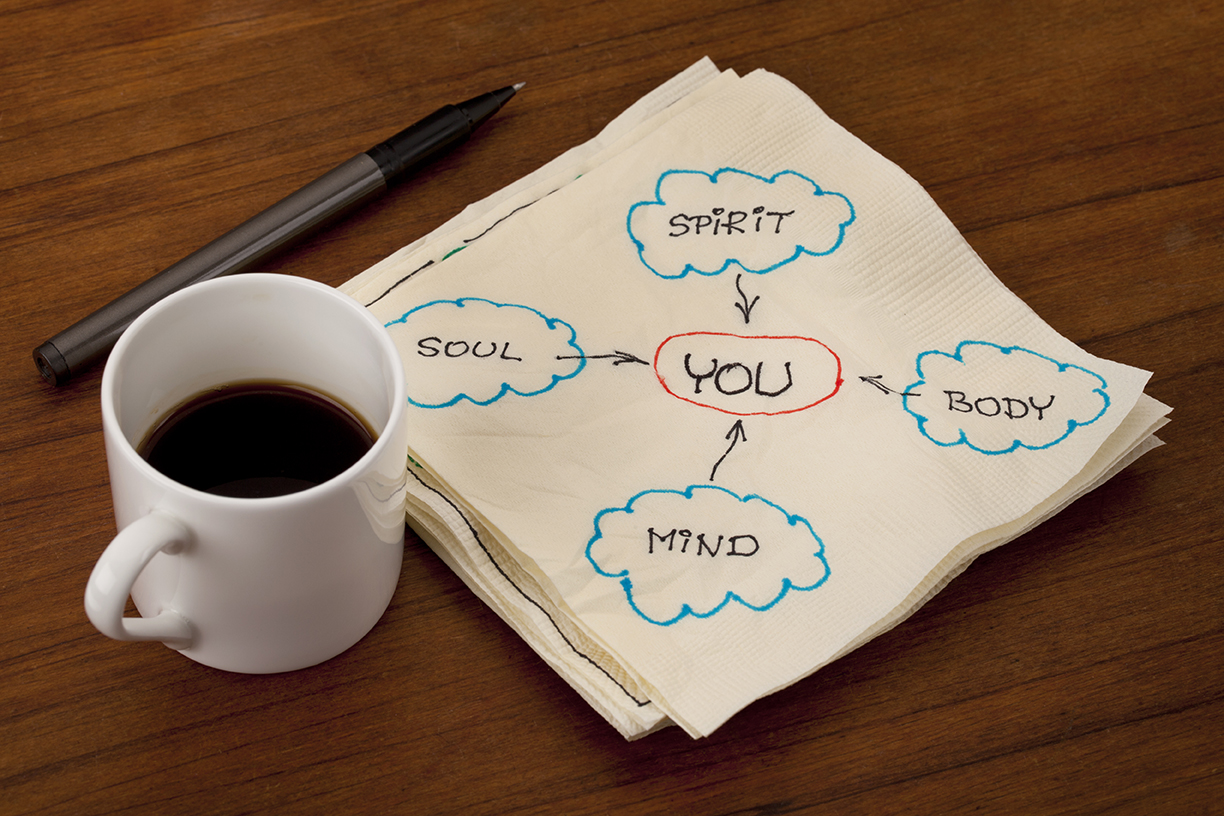

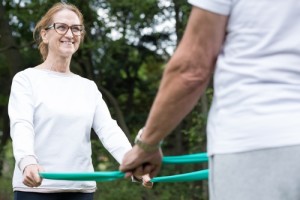 Throw Away the Textbook
Throw Away the Textbook

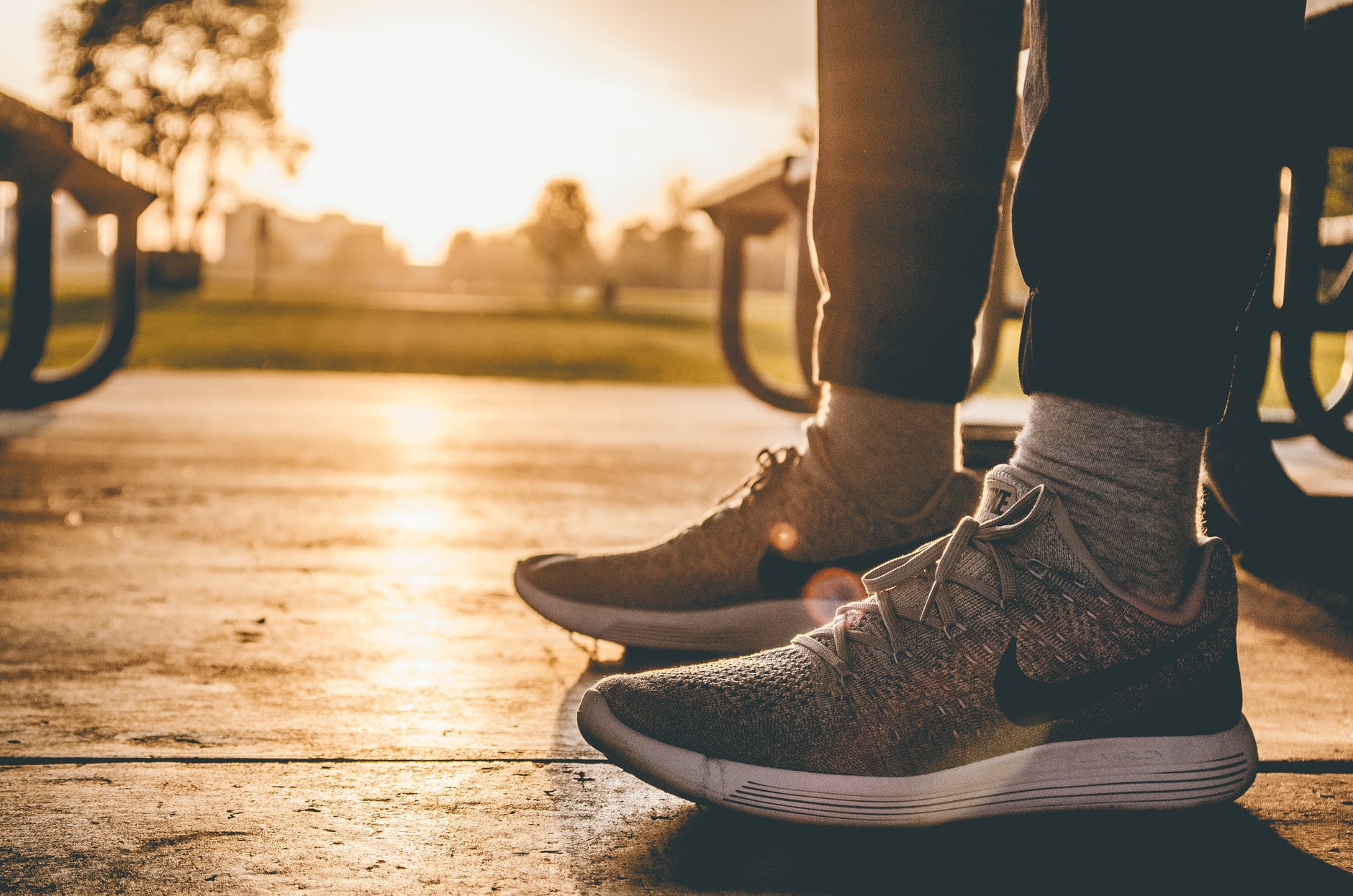
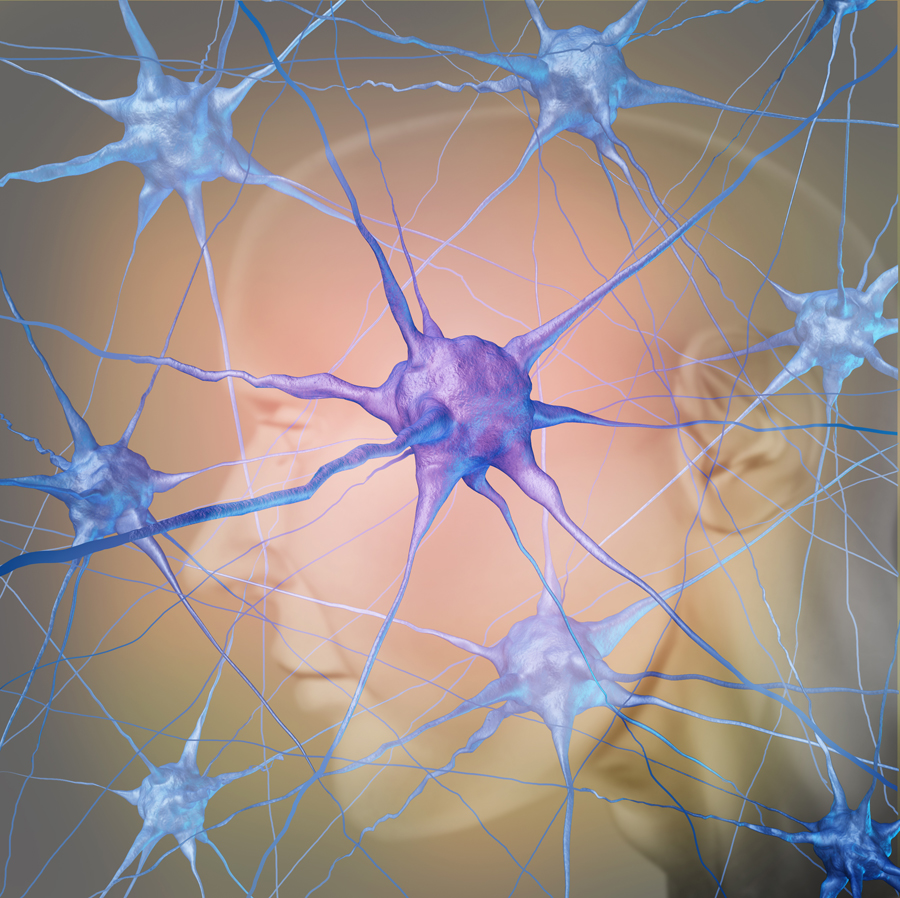
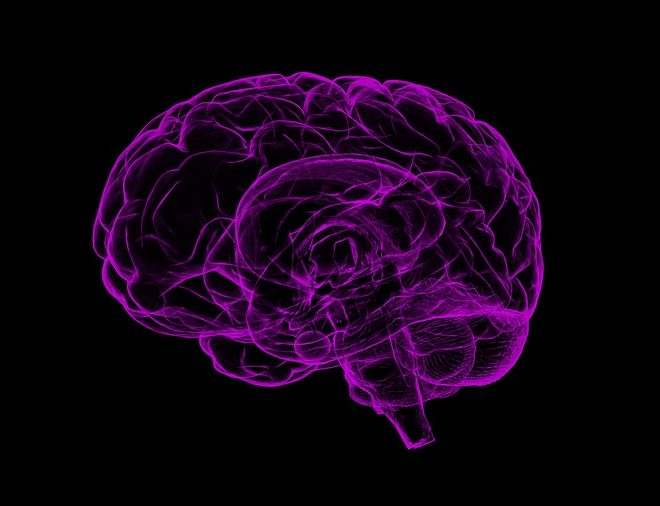 The helpful news from WHO is this: Exercise plays a key role in fighting cognitive decline and dementia.
The helpful news from WHO is this: Exercise plays a key role in fighting cognitive decline and dementia.

